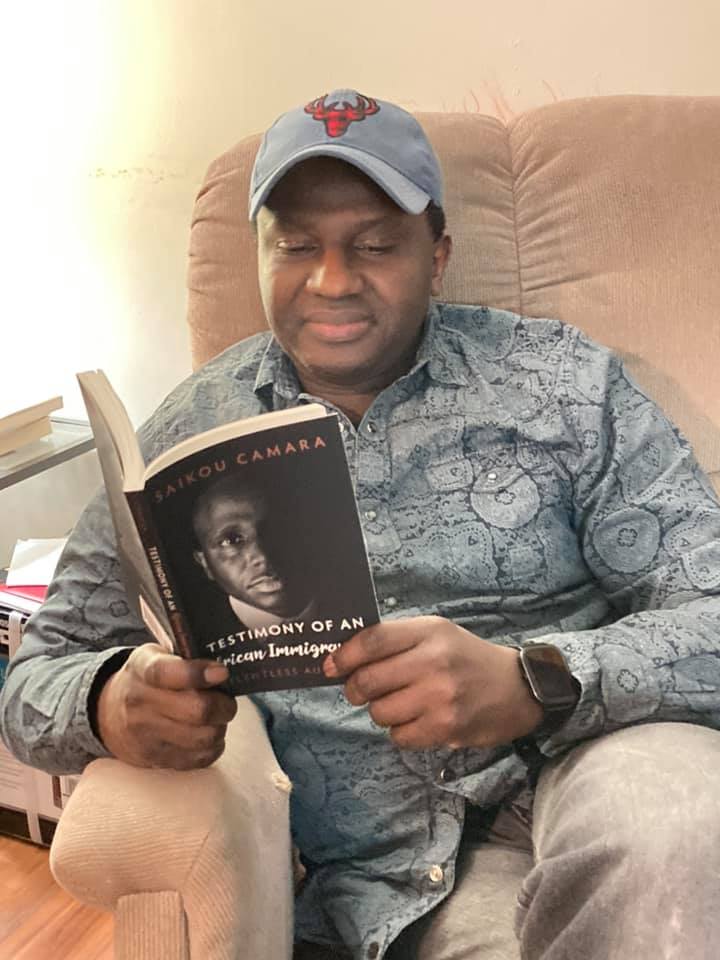By Basidia M Drammeh
Gambia’s Arabic and Islamic scholars have long voiced their resentment, disgruntlement, denunciation, and grumbling over the marginalization they continue to face in their own country by successive Gambian governments. The role of this segment of society has largely been restricted to teaching and leading prayers. with some members of society labeling them “Oustass” to mock them!
So, it’s essential to diagnose the root causes of the marginalization of Arabic scholars and their treatment as second-class citizens.
Perhaps it is superfluous to note that we – Arabic and Islamic learners – have directly or indirectly contributed to the perpetuation and normalization of this narrative- We have shied away from politics, restricted our education to Arabic and Islamic studies, contented with attending naming and marriage ceremonies, funerals, leading prayers in return for a pittance. Moreover, the number of Arabic students with higher education was relatively low because not everybody had the opportunity to pursue higher education overseas.
However, this trend is gradually taking a turn with the unprecedented awakening among Arabic scholars. There has been a remarkable increase in the number of bilingual fluent in both Arabic and English. There are specialists in politics, economics, medicine and natural sciences, besides Arabic and Islamic studies. Such diversity is imperative for our religion is fit for this world and the hereafter, and it is not a religion of monasticism. Some Arabic learners also appear to be showing greater interest in politics to become proactive members of society. The ongoing self-transformation will prompt the government to engage Arabic scholars by employing them across various institutions and sectors, taking into account that they are equally taxpayers like their English-educated counterparts.
With the Gambia bracing for elections, Arabic learners and scholars should ensure that they obtain the voter’s card and rally around candidates who will champion their causes in Parliament. And why can’t they have their own nominees in the future?




Ma sha Allah great and thanks for sharing